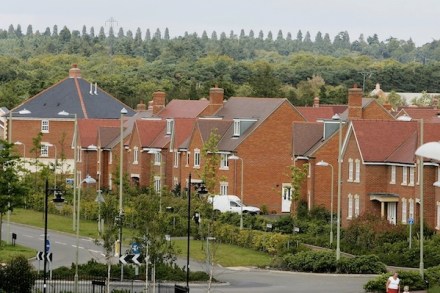Housing associations have had to change in order to fulfil their social responsibilities
Regardless of your views on social housing, you’d have to admit there are far more obvious, and natural, targets for people to choose to protest against rising rent levels in London and elsewhere. So it’s with a strong sense of irony that I find myself defending the sector against accusations that have been levelled at us during the course of the last week. As mentioned in this blog, Genesis is part of a group of housing associations known collectively as the G15. Between us we’re responsible for around a quarter of all the new homes that are being built in the capital. Yes, that’s right: social landlords are stepping up




















